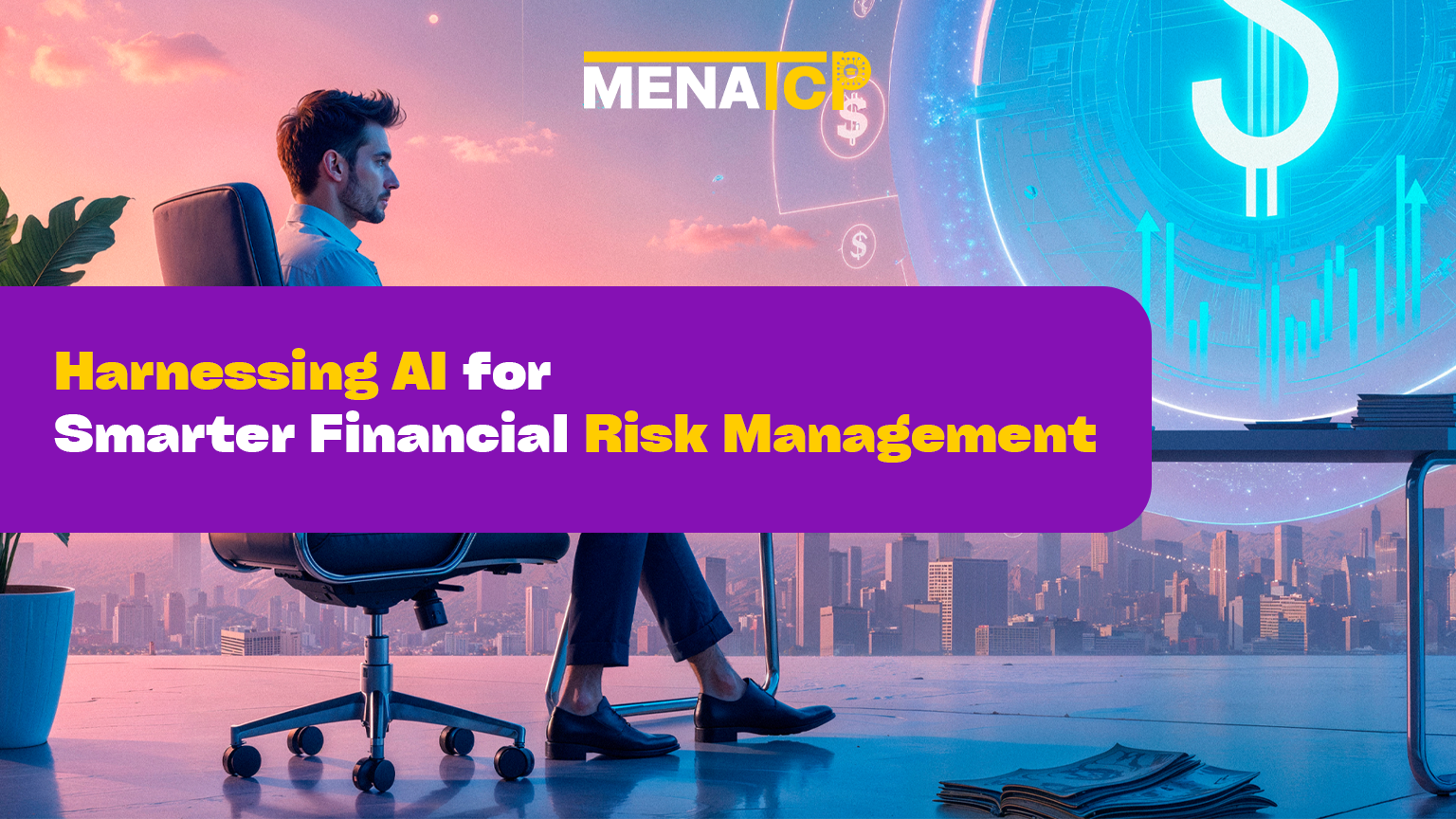In small businesses, the owner usually takes care of financial risk. But in big companies, managers handle risks for their departments. Large businesses even hire special financial risk managers to find and fix risks before they become serious problems.
One of the biggest benefits of AI in accounting is that it helps businesses track and manage risks automatically. Artificial intelligence in accounting can detect unusual spending, predict cash shortages, and help companies make smarter financial decisions.
By using AI tools for accounting and finance, businesses can avoid surprises, reduce losses, and make better financial plans for the future.
Artificial intelligence is helping businesses work faster and smarter, especially in managing risks. In artificial intelligence in accounting and finance, AI can quickly analyze huge amounts of information, saving time and reducing costs. This means banks and financial companies can make better decisions while avoiding problems like fraud or bad credit.
